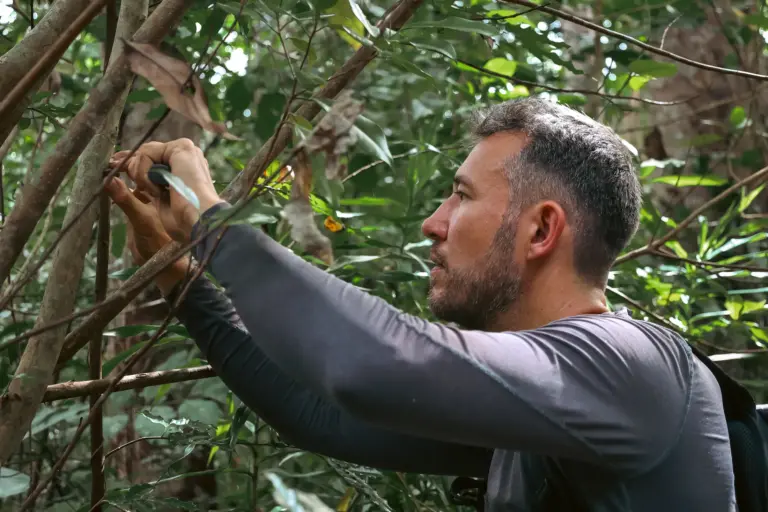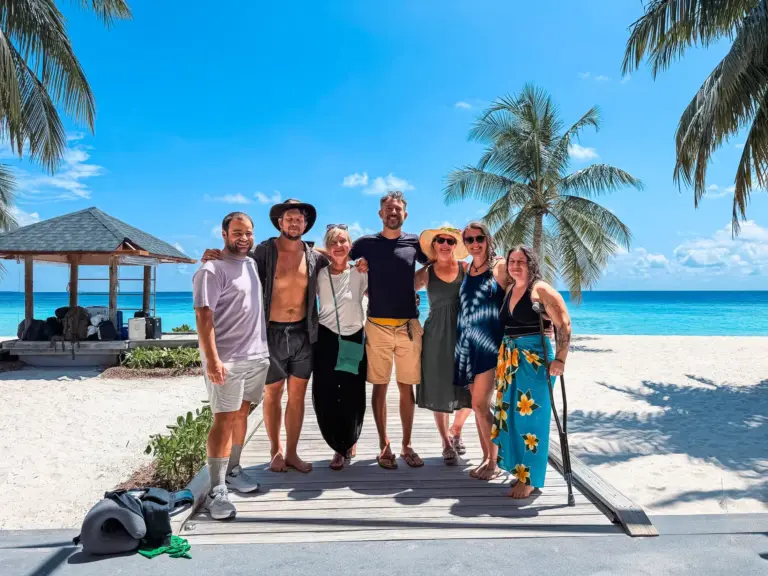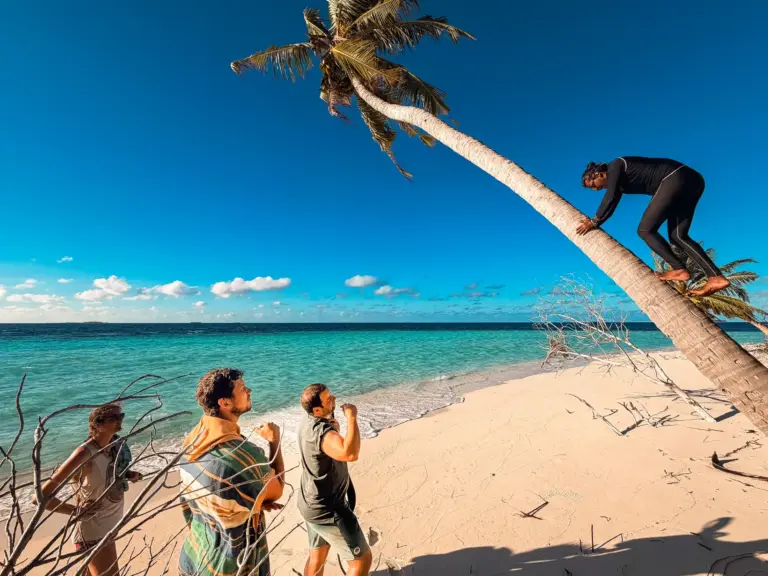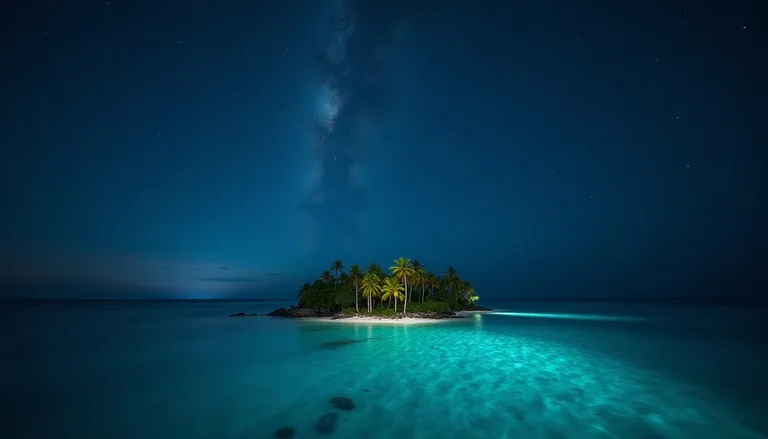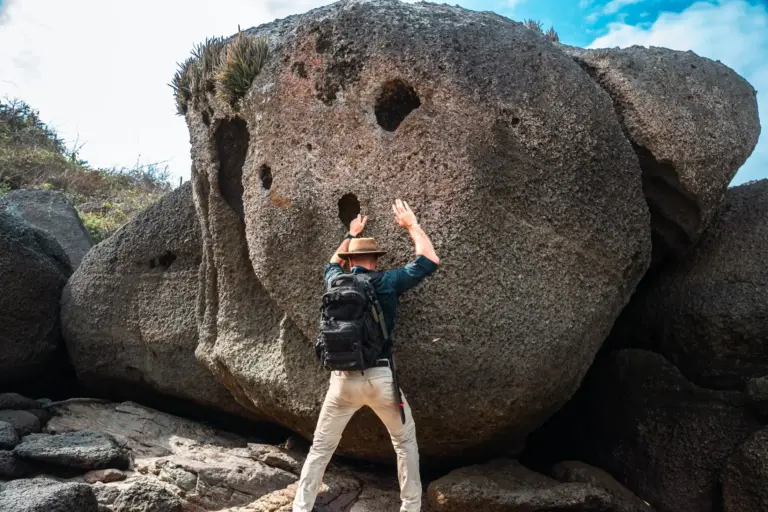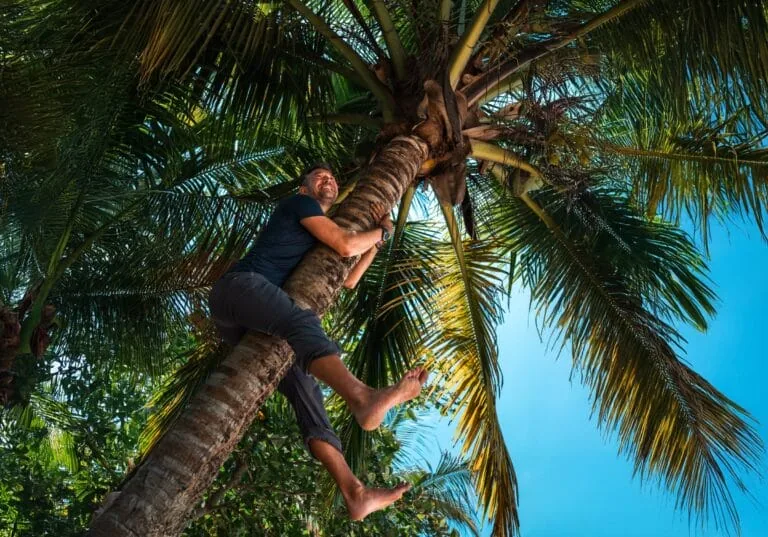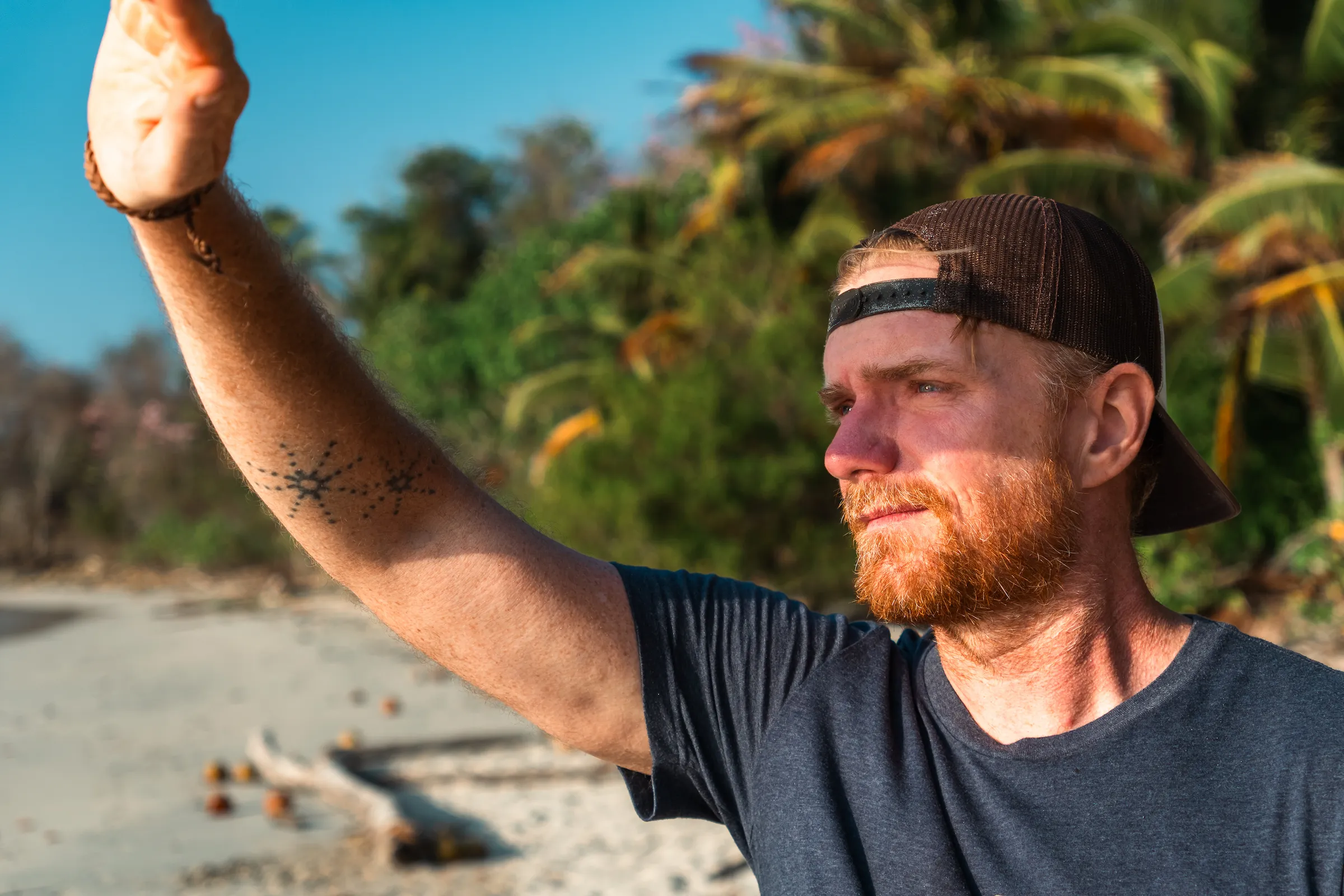
Meet the Instructors: Firemakers, Fear-Tamers, Foundational Humans
I was watching Tom coax flames from damp tinder in Panama rain when something shifted in how I understood what these expeditions actually do. He wasn’t teaching fire-making technique — not really. He was holding space for someone’s relationship with failure to transform.
Sarah had been trying for three hours. Her hands were blistered. Her technique was perfect. But every time an ember formed, she’d get excited, blow too hard, and watch it die. Tom could have taken over. Could have demonstrated the “right” way again. Instead, he sat quietly, occasionally adding a piece of bark or adjusting her hand position by millimeters.
“The fire will teach you,” he said simply. “I’m just here to make sure you don’t give up before it does.”
On attempt seventeen, Sarah’s ember caught. Not because Tom had taught her something new, but because she’d finally learned to trust the process more than her anxiety about the outcome.
That’s when I understood: our instructors aren’t just survival skills teachers. They’re translators between your current self and the capabilities you don’t know you possess. They speak the ancient language of human competence that modern life has trained out of most of us.
The Humans Behind the Magic
Tom Williams – The Unlikely Adventurer
Leading November Maldives 2025
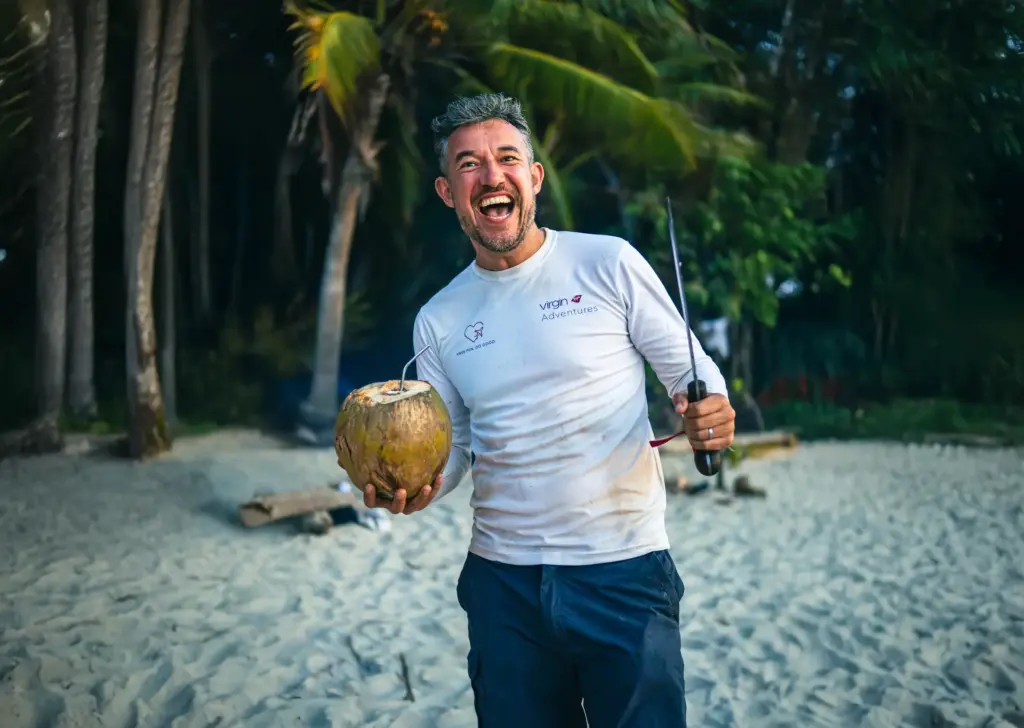
Tom Williams failed academically in school. Bottom of his year. Dyslexic. One teacher told him “the only way Tom Williams would ever get to university is if he climbed through the bathroom window.”
That teacher was spectacularly wrong. Tom not only made it to university, he went on to win a 367-mile race to the North Pole in 2010, sail 8,000 miles across the Pacific, and recently dominated Channel 4’s survival show “Alone UK,” outlasting all other contestants in the Canadian wilderness with nothing but basic tools.
But perhaps most importantly, he founded Desert Island Survival after a profound realization: modern life had disconnected him from any sense of genuine competence. “I needed to find something fulfilling that would give me a sense of adventure and purpose,” he reflects. What started as zero bushcraft experience became a thriving company that’s transformed hundreds of lives.
Tom’s gift isn’t his technical survival skills — though winning “Alone” proves those are world-class. It’s his ability to see potential in people that they can’t see in themselves. Having been underestimated his entire life, he specializes in helping others discover capabilities they never knew they possessed.
Tom McElroy – The Indigenous Wisdom Keeper
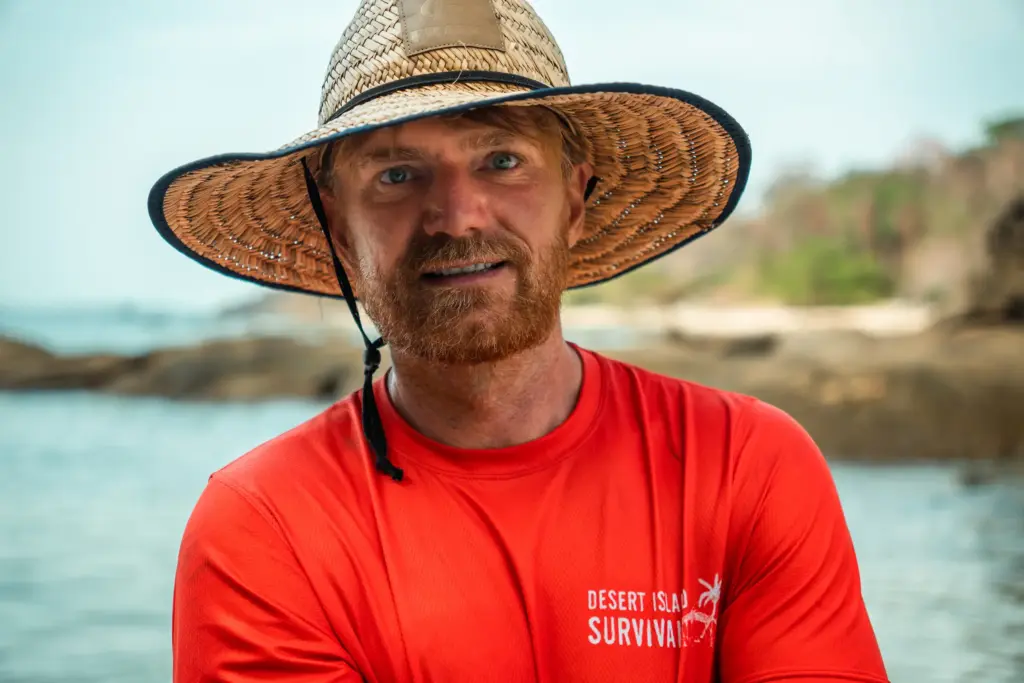
Tom McElroy has spent over two decades teaching primitive bushcraft skills to more than 15,000 students, from young children to elite military groups like Seal Team Six. But his real education came from living with remote indigenous communities around the world.
He’s hunted with blowguns in the Amazon with the Huaorani tribe, lived with a tribal shaman off the coast of Sumatra, spear-fished with the Aborigines of Northern Australia, and trekked through Papua New Guinea’s Baliem Valley. These weren’t tourist experiences — they were extended apprenticeships in ways of life our species practiced for millennia.
Tom’s approach differs from typical survival instruction because he teaches from a place of deep cultural humility. “These aren’t ‘primitive’ skills,” he explains. “They’re sophisticated technologies our ancestors perfected over thousands of years.” His TV work with Discovery Channel’s “First Man Out” alongside Ed Stafford showcases this philosophy in action.
What makes Tom exceptional isn’t just his technical expertise — it’s his ability to translate indigenous wisdom into insights that resonate with modern people seeking authentic connection to their own capabilities.
Naomi Aldwyn-Allsworth – The Career Changer
Leading Wales 2025 & Tonga 2026
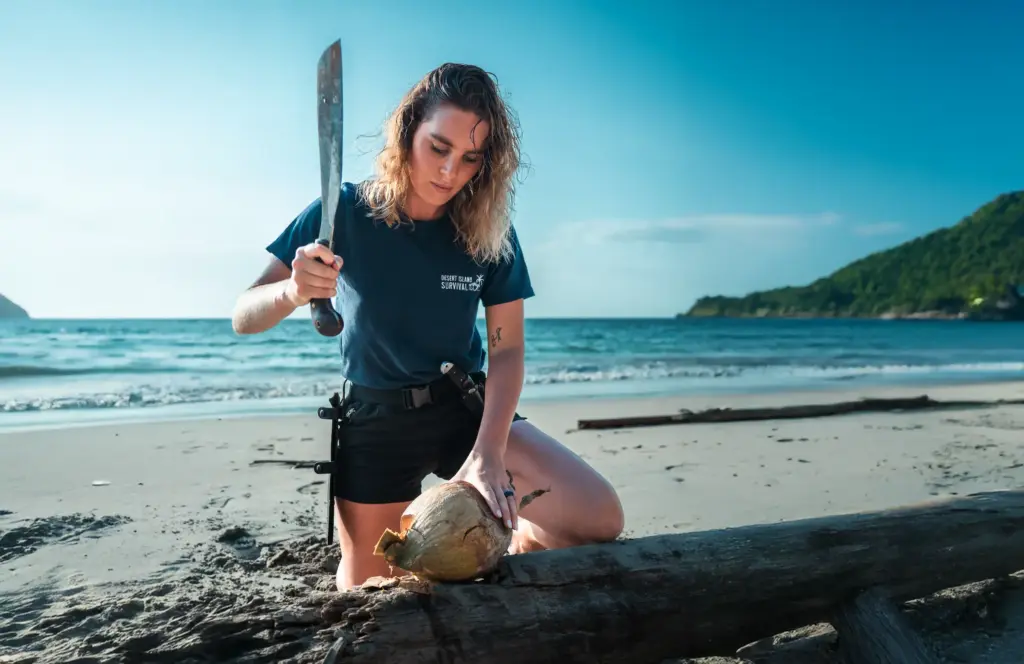
Naomi’s path to survival instruction began in London designing high-performance sportswear. She was fascinated by how technology could enhance athletic performance, taking on challenging treks to test her gear in extreme conditions. But despite her success and an upcoming collection launch, something felt incomplete.
The turning point came when she realized she wanted to work with the outdoor enthusiasts she was designing for, not just create products for them. She made the dramatic shift to become a survival instructor for the Bear Grylls Survival Academy, teaching bushcraft and primitive skills worldwide.
But Naomi’s most defining experience came on Channel 4’s “Alone,” where she placed second after surviving solo in the Canadian Arctic, building her own shelter and facing close encounters with bears. The experience, she says, “came as an unexpected opportunity to explore the depths of my own soul and connection to nature.”
Now she runs The Rambler’s Mistress, an organization that brings women together to learn primitive skills and immerse themselves in nature. Her unique background in design thinking combined with hardcore survival experience makes her exceptionally effective at helping people push beyond their perceived limitations.
Nicholas Simmons – The Patient Professional
Leading Philippines 2026
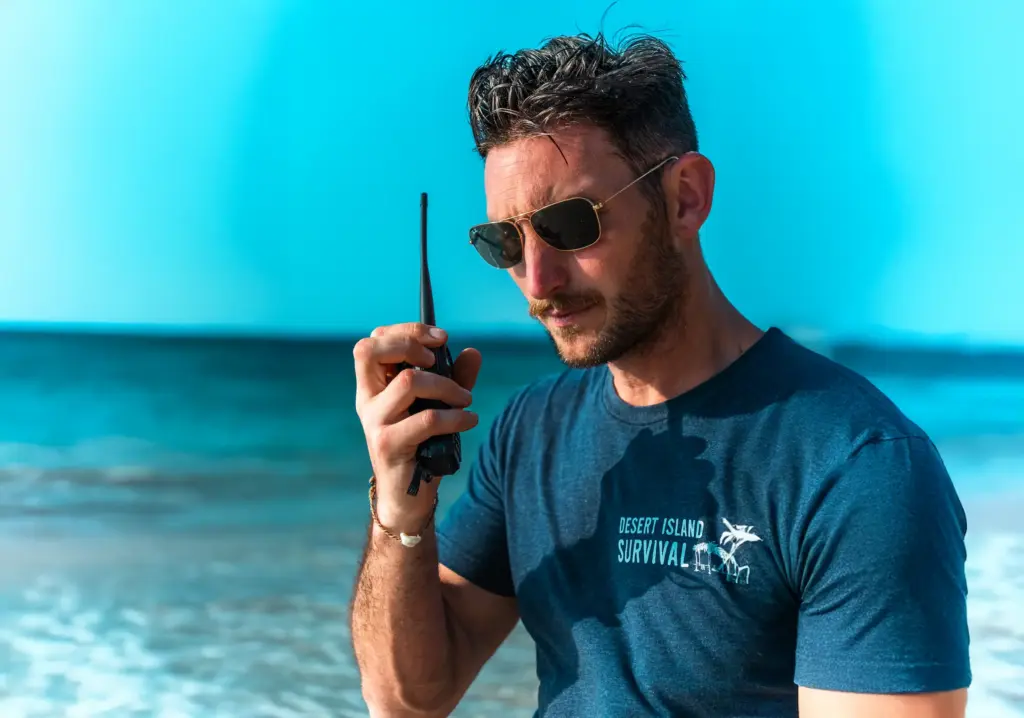
Nicholas brings nearly a decade of experience leading survival courses and expeditions across the Middle East, Africa, Southeast Asia, America, Greece, Europe, and the UK. As one of the head instructors at Bear Grylls Survival Academy, he’s responsible for creating new courses, running corporate events, and training new instructors.
But beyond his impressive resume as a rock climber, mountaineer, and spear fisherman, Nicholas has developed something rarer: the ability to create space for genuine learning. Where many instructors focus on demonstrating their own competence, Nicholas specializes in patient guidance that allows students to discover their own capabilities.
His philosophy centers on what he calls “productive struggle” — the understanding that wrestling with challenges for extended periods isn’t inefficiency, it’s how the nervous system develops genuine confidence. He’s mastered the subtle art of knowing when to offer guidance and when to let someone work through frustration toward breakthrough.
Nicholas represents the new generation of survival instructors who understand that technical skills are just the entry point — the real work is helping people develop trust in their own problem-solving abilities under pressure.
Jade Bielski – The Expedition Veteran
Leading Panama 2026
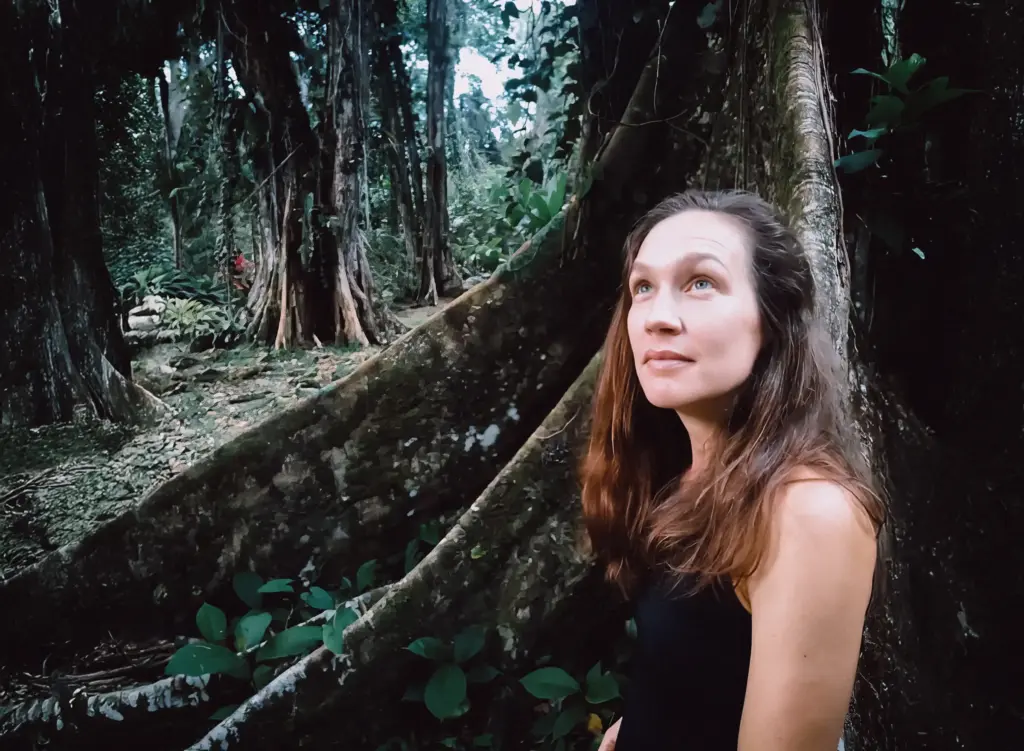
With over a decade of experience leading expeditions and teaching survival skills, Jade has learned valuable techniques from indigenous peoples in Central America and Borneo. Her work as an expedition leader has taken her to 14 countries across five continents, where she’s specialized in jungle expeditions, tropical ecology, and wilderness medicine.
Jade’s approach is shaped by her understanding that survival isn’t about conquering nature — it’s about developing what she calls “environmental fluency.” She teaches people to read subtle changes in weather, animal behavior, and ecosystem dynamics, then adapt smoothly rather than reactively.
Her passion for wildlife and remote environments drives her commitment to sustainable survival practices. Having witnessed firsthand the fragility of pristine ecosystems, she integrates conservation awareness into every technique she teaches. The goal isn’t just personal survival, but ensuring these wild places remain intact for future generations.
Jade’s latest interest in paragliding reflects her broader philosophy: the best way to understand any environment is to engage with it from multiple perspectives, always with respect for the forces larger than ourselves.
Gaz Lloyd – The Traditional Craftsman
Leading Panama 2026
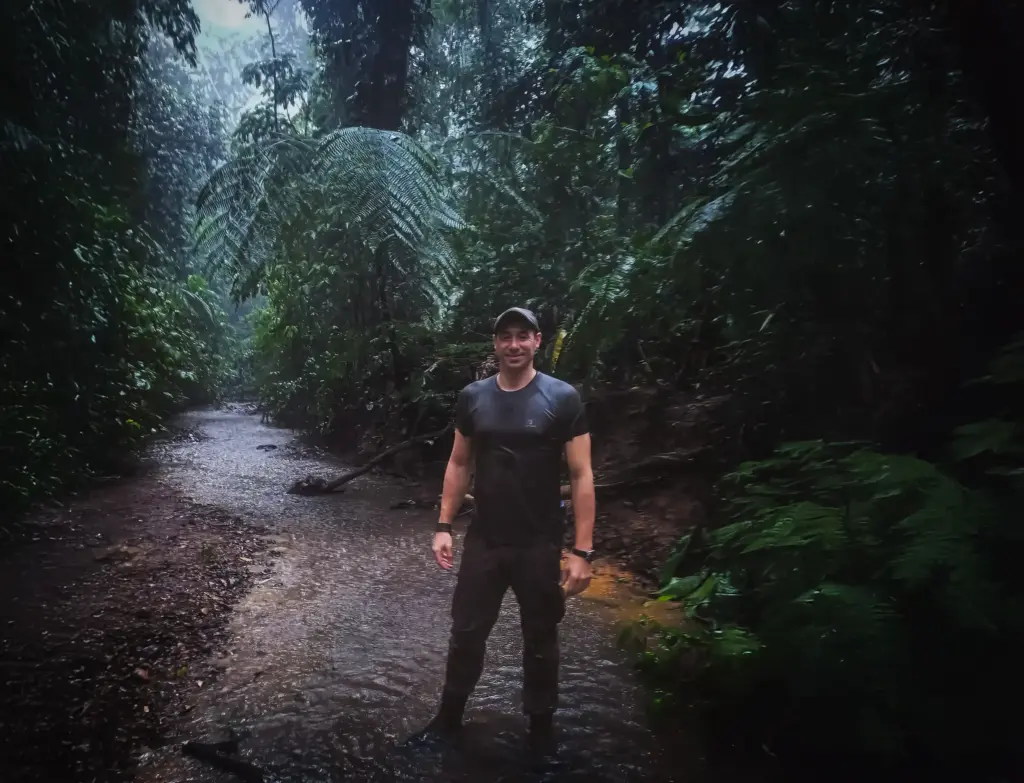
Gaz brings a different perspective to survival instruction — one rooted in the understanding that bushcraft skills are essentially traditional crafts that happen to be practiced outdoors. His background in tool-making, trap construction, and food preparation reflects a deep appreciation for the craftsmanship our ancestors took for granted.
What sets Gaz apart is his patience with the learning process. He understands that developing genuine skill with your hands takes time, practice, and the willingness to create things that are “good enough to work” rather than “too perfect to attempt.” This philosophy becomes especially important in challenging environments where adaptability matters more than precision.
Gaz’s teaching style reflects his belief that craftsmanship is a form of meditation — a way of engaging with materials and problems that quiets mental chatter and develops genuine competence. His students often discover that learning to carve tools or construct shelters becomes as much about mental state as technical ability.
In Panama’s humidity and heat, where equipment fails and improvisation becomes essential, Gaz’s emphasis on fundamental hand skills and adaptive problem-solving provides the foundation that allows everything else to work.
What They Teach Beyond Technique
These instructors share something you can’t learn from YouTube tutorials or wilderness manuals: they’ve each undergone their own psychological transformation through direct engagement with uncertainty. They know from personal experience that survival skills are just the surface curriculum.
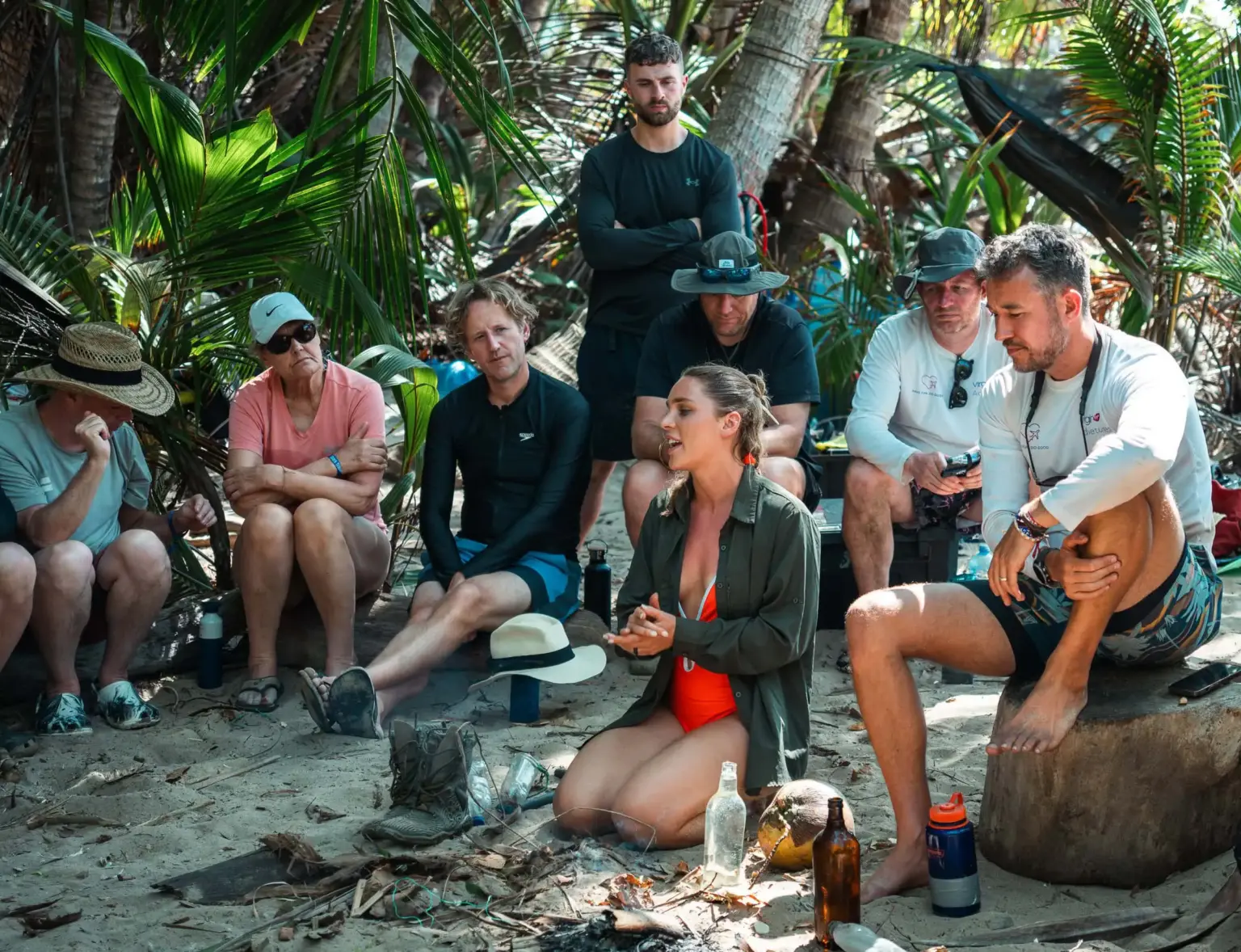
The Real Lessons:
Resilience That Doesn’t Break: Not the brittle toughness that powers through everything, but the flexible strength that bends without snapping. Each instructor has learned to distinguish between genuine challenges and manufactured drama.
Teamwork That Actually Works: Not corporate team-building exercises, but the organic cooperation that emerges when everyone’s comfort depends on the group’s competence. They create conditions where individual skills serve collective survival.
Humor That Carries You: All our instructors understand that laughter isn’t the opposite of taking things seriously — it’s how you maintain perspective when stakes are real. They’ve learned to find absurdity in difficulty without minimizing the challenge.
Confidence That Comes From Evidence: Not positive thinking or motivational mantras, but the quiet self-assurance that comes from proven capabilities under pressure. They help you build a relationship with your own competence that external circumstances can’t shake.
The Science of Transformational Guidance
Research on transformational learning shows that people need specific conditions to change fundamental beliefs about themselves: psychological safety, appropriate challenge, and what educators call “cognitive dissonance” — experiences that contradict existing self-concepts.
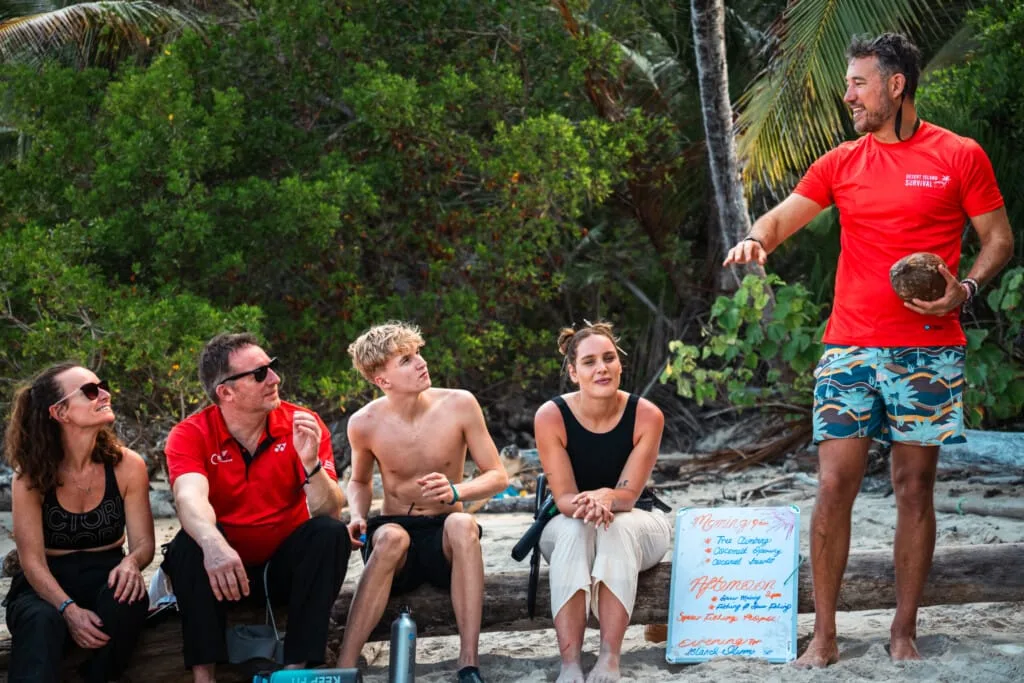
Our instructors are experts at creating these conditions. They know how to calibrate challenges so they’re difficult enough to trigger growth but safe enough to maintain confidence. They understand when to offer support and when to let someone struggle productively with a problem.
Most importantly, they’ve each experienced their own version of discovering capabilities they didn’t know they possessed. That shared experience creates what psychologists call “credibility of vulnerability” — the trust that comes from knowing your guide has navigated their own version of the challenges you’re facing.
Train With the Guides Who’ve Been Where You’re Going
Tom Williams leads our November Maldives expedition — ideal conditions for first-time participants who want to discover their capabilities in a supportive environment. His gift for creating “optimal anxiety” makes challenging experiences feel achievable rather than overwhelming.
Tom McElroy guides our Botswana adventure in 2026, where the Kalahari’s vastness teaches lessons about psychological resilience that transfer to every area of life.
Naomi brings her community-building expertise to both Wales coastal experiences and Tonga‘s traditional wayfinding challenges.
Nick, Jade, and Gaz each lead different aspects of our Philippines and Panama expeditions, where tropical complexity requires adaptability, presence, and collaborative problem-solving.
Each instructor brings technical expertise, but more importantly, they bring hard-won wisdom about what it takes to trust yourself in uncertainty.
They’re not just teaching you to survive in wild places. They’re helping you remember that you were designed for challenges, that your body contains solutions, that competence feels better than comfort.
The skills wash off. The confidence becomes permanent.
Ready to train with guides who’ve transformed their own relationship with challenge? Explore our upcoming expeditions
The wild doesn’t need perfect people. It needs committed ones. Our instructors are proof that commitment, once kindled, burns brighter than any friction fire.


